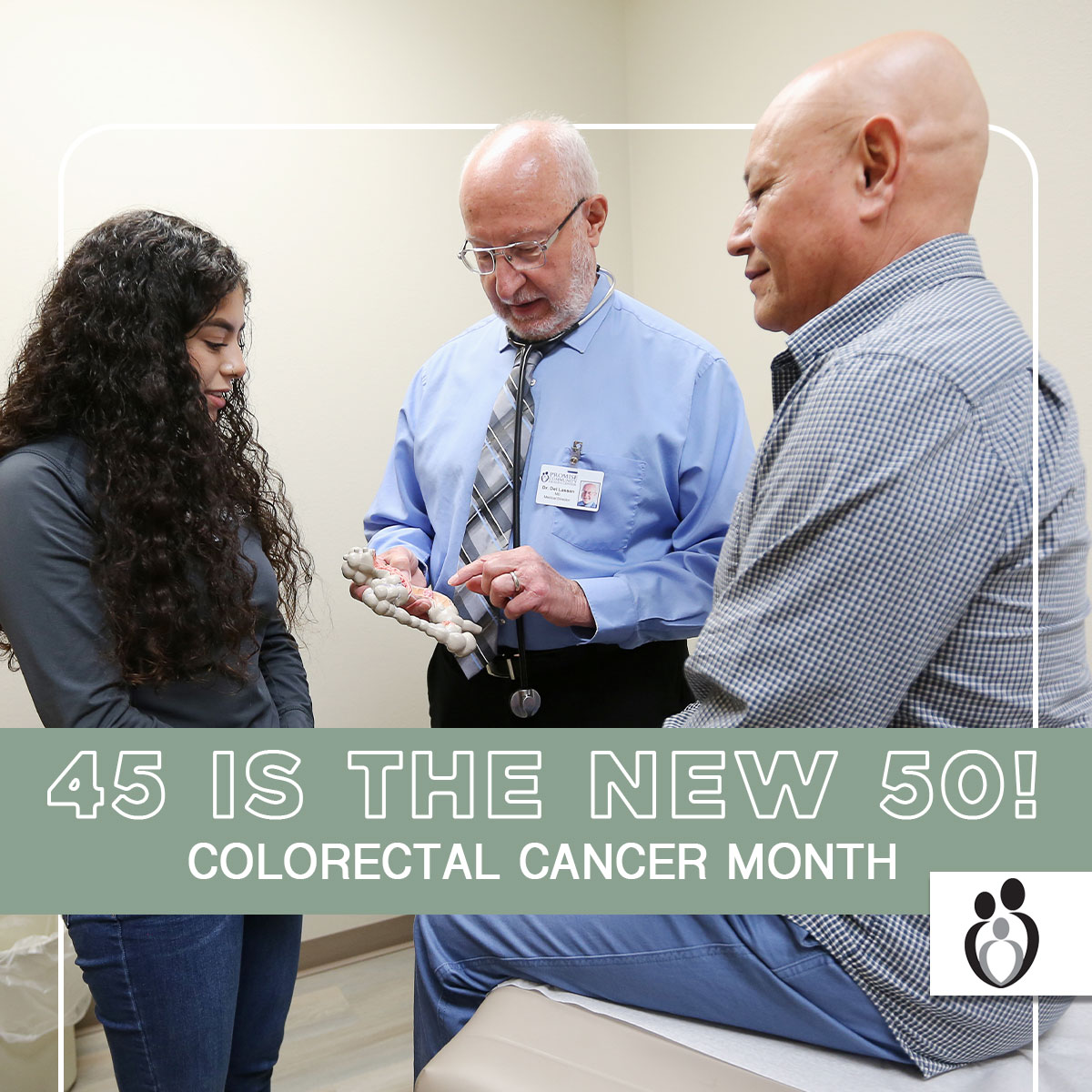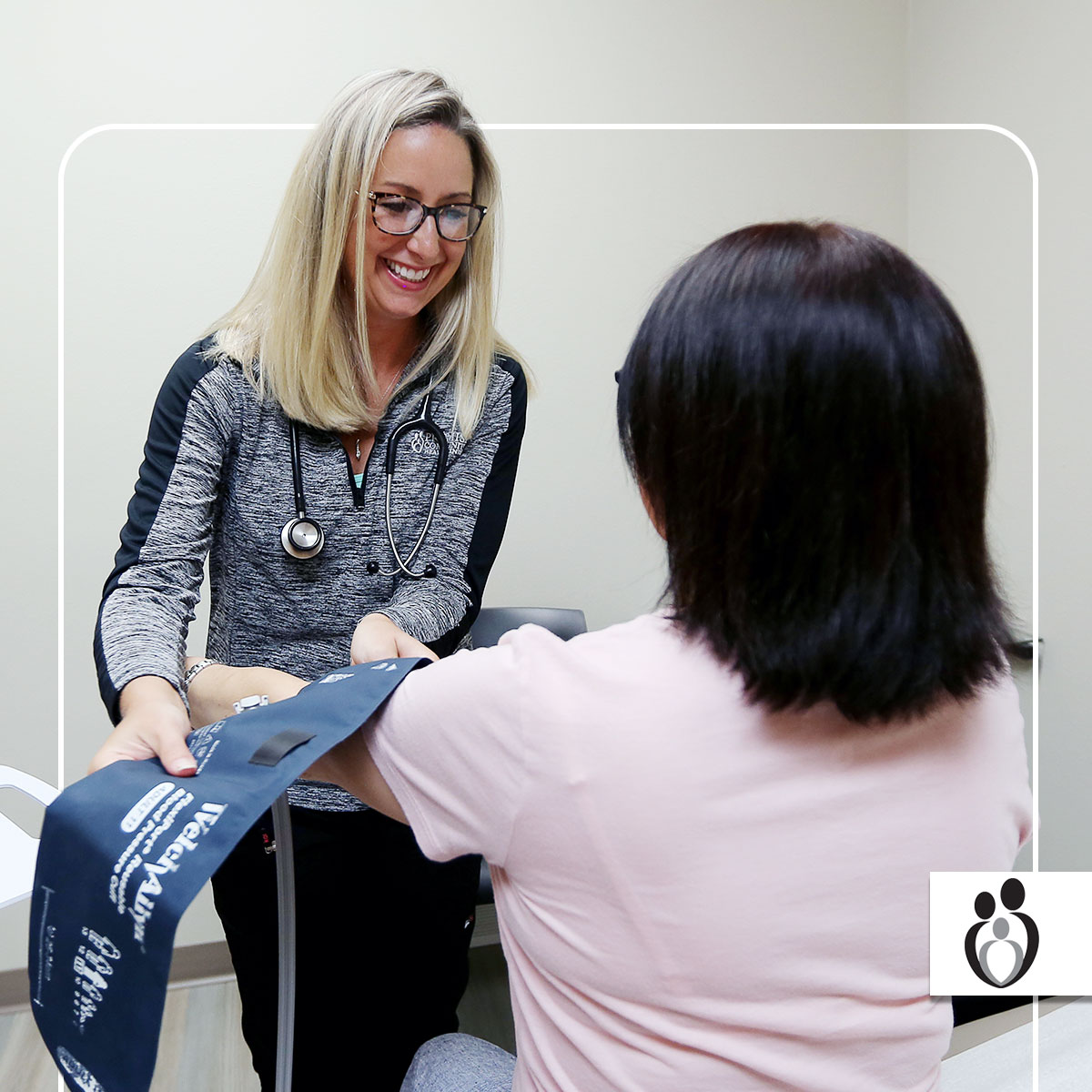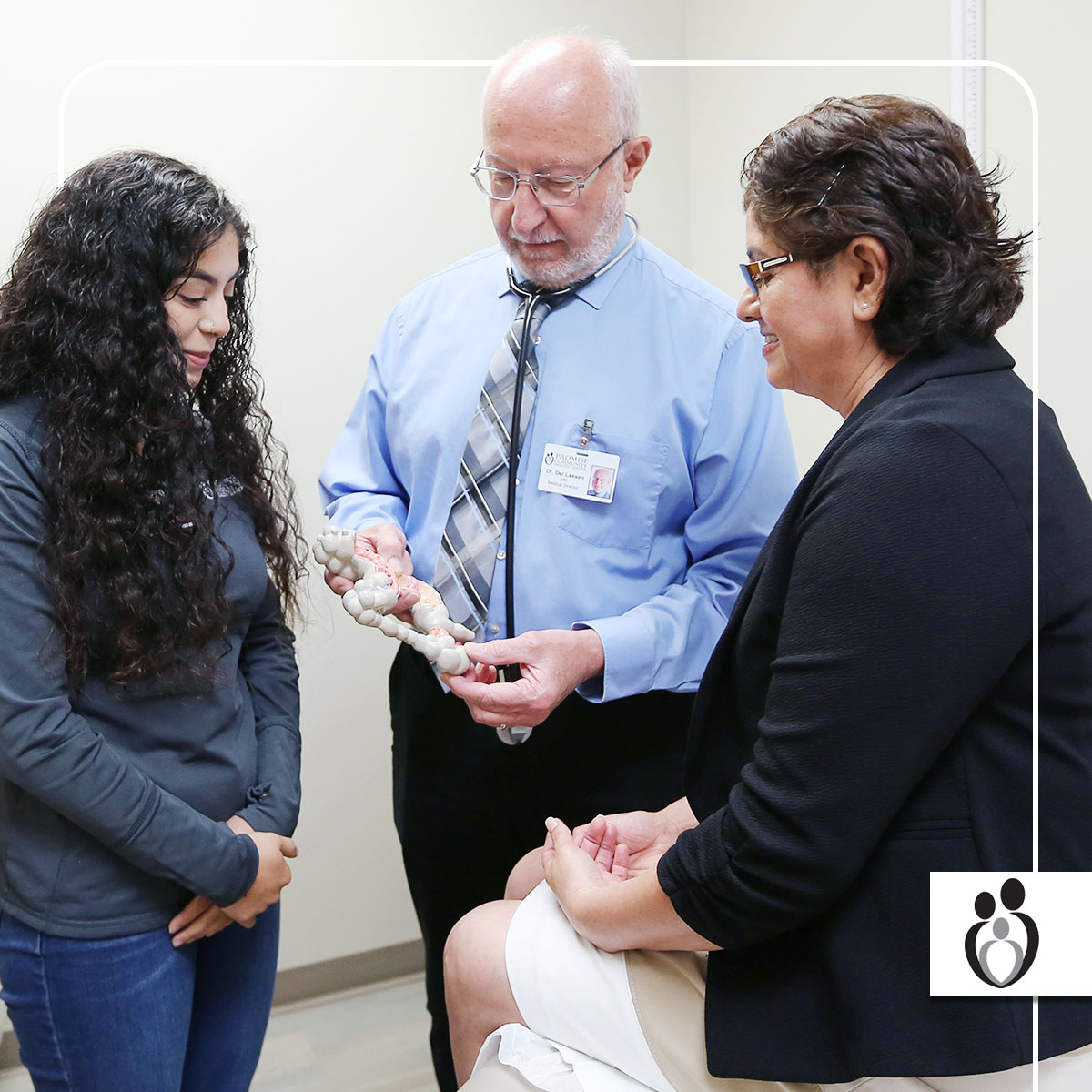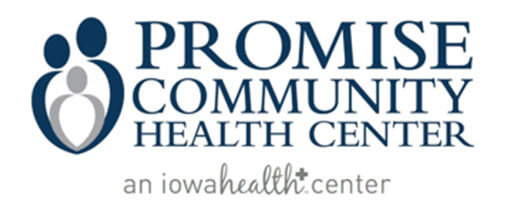
Have you heard the news?? 45 is the new 50! For colorectal cancer screening that is.

Colorectal cancer is the third most common cancer in both men and women, yet it is one of the most preventable types of cancer.
Colorectal cancer screening saves lives. Regular screening, starting at age 45, is the key to preventing colorectal cancer. It’s one of the only cancer screening tests that can prevent cancer by finding precancerous polyps and removing them before they become cancer. Screening can also find cancer early when it may be easier to treat.
There are several screening tests that you can choose depending on what’s right for you! Each test has its advantages and disadvantages. Talk to your provider about the pros and cons of each test and how often you should be screened.
Colorectal cancer is a leading cause of cancer death for men and women, but it doesn’t have to be this way. Talk to your doctor about your screening options today.


Colon Cancer: Importance of Screening and Timely Diagnosis
Colon cancer is one of the leading causes of cancer death globally, with over 1.8 million new cases and 881,000 deaths in 2018 alone. It is the third most commonly diagnosed cancer in both men and women and has a high survival rate if detected early. Unfortunately, many people do not realize the importance of colon cancer screening, which is crucial in detecting and treating the disease early.
What is colon cancer, and who is at risk?
Colon cancer, also known as colorectal cancer, is a type of cancer that affects the colon or rectum. The colon is part of the digestive system, and its main function is to absorb water and nutrients from food before it is eliminated from the body.
According to the American Cancer Society, there are several factors that increase the risk of colon cancer, including age, family history, inflammatory bowel disease, a sedentary lifestyle, a diet high in red or processed meat, smoking, and heavy alcohol consumption. However, it is worth noting that anyone can develop colon cancer, regardless of their risk factors.
The importance of colon cancer screening
Colon cancer screening involves testing for signs of cancer in the colon or rectum, even when no symptoms are present. Early detection is essential in treating colon cancer because it allows for the cancer to be treated before it spreads to other parts of the body, significantly improving the chances of survival.
There are several colon cancer screening options available, including stool tests, sigmoidoscopy, and colonoscopy. Stool tests look for blood or other signs of cancer in the stool, while sigmoidoscopy and colonoscopy are invasive procedures that use a thin, flexible tube with a camera to examine the colon and rectum.
The American Cancer Society recommends that individuals at average risk of colon cancer begin regular screening at age 45. However, those with a family history of colon cancer or other risk factors may need to start screening at an earlier age or more frequently. Your doctor can help determine the best screening option for you based on your risk factors and medical history.
Diagnosis and Treatment
If colon cancer is detected, further testing will be needed to determine the stage of the cancer and the best course of treatment. The stage of the cancer refers to how advanced it is and whether it has spread to other parts of the body.
The most common treatments for colon cancer include surgery, chemotherapy, and radiation therapy. The type of treatment recommended will depend on the stage of the cancer, the person’s overall health, and other factors.
Colon cancer is highly treatable when detected early, with a five-year survival rate of over 90%. However, the survival rate drops significantly when the cancer has spread to other parts of the body. This is why regular colon cancer screening is so crucial in detecting and treating the disease early.
Access to Health Care Services
Access to healthcare services is also essential in preventing and treating colon cancer. Unfortunately, many people do not have access to healthcare, either because they cannot afford it or because they live in areas with a shortage of healthcare providers.
Promise Community Health Center is a community-based organization that provides affordable and accessible healthcare services to underserved communities. The center offers a range of services, including colon cancer screening, as well as treatments for those who are sick.
Preventing colon cancer
While colon cancer is not entirely preventable, there are steps individuals can take to reduce their risk. These include:
- Maintaining a healthy weight
- Eating a diet rich in fruits, vegetables, and whole grains
- Reducing consumption of red and processed meat
- Exercising regularly
- Avoiding smoking and excessive alcohol consumption

